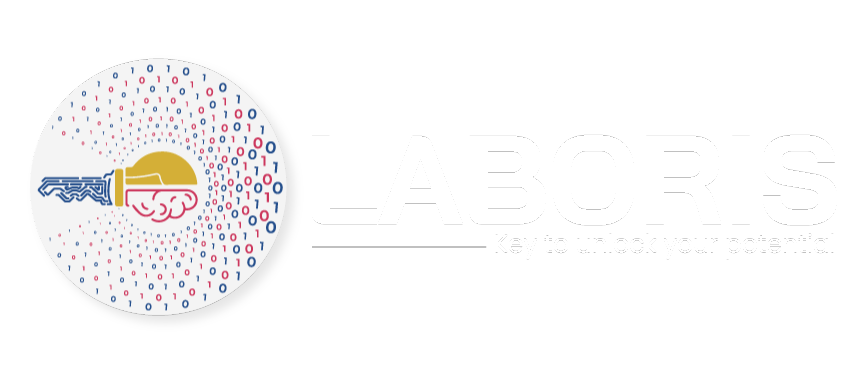Over a Duke career spanning more than a half-century, electrical engineer and computational specialist Frank Starmer made pivotal contributions to an era of tremendous innovation at the interface of medicine, engineering, and computational sciences. He was instrumental in getting the school off the ground and spearheaded the implementation of a robust IT infrastructure necessary for the school’s then-revolutionary decision to deliver the curriculum exclusively through team-based learning (TBL).undertake the herculean task of developing the IT infrastructure for the nascent Duke-National University of Singapore Medical School (Duke-NUS). As associate dean for learning technologies Duke-NUS was the first medical school in the world to use TBL for 100 percent of its preclinical coursework. He also created an anytime/anywhere learning environment for first-year students by packaging lectures on USB drives.
Frank retired but had one of the biggest adventures of his life: the opportunity to build a learning enterprise from the ground up. This was an opportunity to put new life into Gene Stead’s dreams (my first boss at Duke, Chairman of Medicine): From Stead To Singapore: Building a new way to learn (Indexed voice annotated video). The Singapore venture was also an opportunity to out-Duke Duke. We started our out-Dukeing Duke by recognizing that lecture-based curricula do not prepare a student for life after school. Since all our students have completed undergraduate school, they already know now to learn via the lecture-based delivery model of the curriculum. To take our students to the next level, learning on their own or with colleagues, they must develop new skills – that of being comfortable with their uncertainties as well as knowing how to approach uncertainties.
Assisting the transition, we focused on strategies to awaken childish curiosity about everything. This radically differs from lecture-driving learning, in that uncertainties are resolved via memorization and curiosity is often suppressed by peers or faculty. Addressing uncertainties, whether in the classroom or at the bedside requires curiosity, good problem solving and critical thinking skills. These skills form part of the foundation of our program.
Phil Carrier, Ex CEO of TechAlliance & worked as academic advisor for 13 years to Robert Morris University, Chicago. An accomplished executive with corporate and consulting experience, Phil will be assisting us in North American sales & Market positing.
Headquartered in Hinsdale, Illinois, CDPI/TechAlliance supported a wide array of Fortune 500 companies as well as small to medium size businesses. As a founding member of the TechAlliance Team, Phil Carrier directed and developed business solutions for the company’s customers. With over 40 years of experience in the business of delivering information technology solutions, Phil has offered his expertise and a “hands-on” approach to clients providing common sense business solutions in information technology. Phil’s project management and teambuilding skills offered his clients the road map to successful refinement, development and implementation of a wide variety of corporate undertakings and endeavors.
Formerly the CIO/Vice President at US Can Company, Phil earned his MBA at Kellogg School of Management Northwestern University. As a result of his pronounced interest in education Phil had served as an Adjunct Professor of Computer Science and Business for over 15 years at North Central College in Naperville Illinois and until 2022 served on the Business School Advisory Board of Robert Morris University.
As an Ironman triathlete, Phil has learned in health and in business it takes more than a well trained or educated individual, it takes an authoritatively developed plan and a cohesive team that helps the clients get to the finish line.


